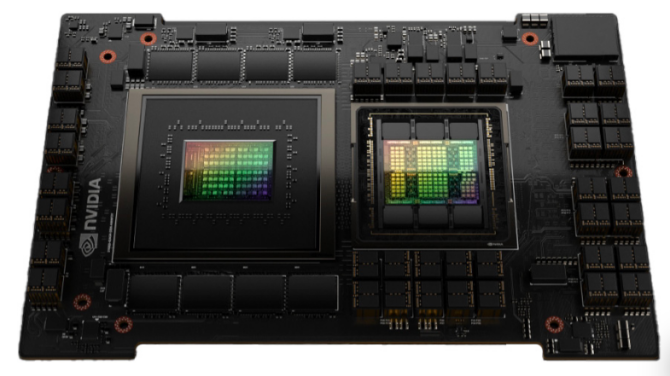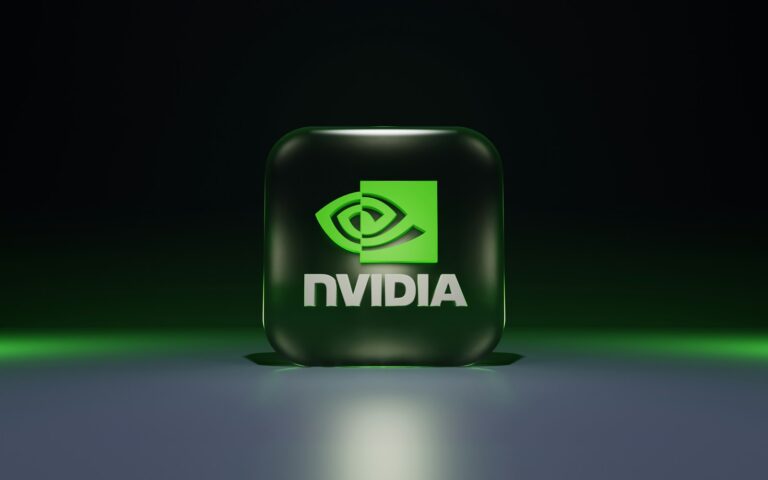US trade prohibitions would be complied with by an AI accelerator.
Despite the fact that the majority of the technology industry is preoccupied with artificial intelligence, Chinese companies have been unable to prosper as a result of increased trade restrictions. There have been restrictions placed on China’s access to advanced microchips and the gear that is required to manufacture them by the United States and its trade partners. It has been reported that the artificial intelligence (AI) powerhouse Nvidia is developing on a new AI accelerator designed specifically for China called the H20. This accelerator will be compatible with the export limits, and it will be sold at a price that is quite competitive.
In 2019, the United States began increasing the amount of pressure it exerted on China by adding Huawei on the Entity List maintained by the Commerce Department. This made it unlawful to sell technology from the United States to Huawei. During this time period, the restrictions have been expanded to encompass a wide variety of Chinese businesses. Companies who do not operate from US soil are nonetheless required to comply if they employ technology that is controlled by the United States. For this reason, TSMC, which is situated in Taiwan, as well as a European company that manufactures lithography equipment for chipmaking, were required to comply with the demands.
Through the imposition of restrictions on access to machine learning hardware, the United States strives to impede China’s progress in the development of advanced military technologies. However, recent developments in China’s homegrown ARM processors have caused some people to question whether or not the trade restrictions are having the desired effect. According to the laws that are now in place, the top artificial intelligence accelerators from Nvidia, such as the H100 and the China-specific H800, are prohibited.
Although the H20 will not be as quick as the H100, preliminary reports indicate that it may be able to compete with the H100 in China. Companies are concerned about losing access to Nvidia’s technology as limitations get more stringent, which has led to the rise in popularity of the Huawei 910B AI accelerator card. As a means of competing with Huawei, Nvidia might forsake the enormous profit margins that it typically enjoys. Nvidia has reportedly been accepting orders for H20 that range between $12,000 and $15,000 per card, as reported by Reuters. To put that into perspective, the Huawei 910B has been retailing for a price that is slightly around $17,000. If you are able to locate one, the H100 typically has a retail price range of $30,000 to $40,000.

Based on reports, Chinese companies were reportedly afraid that the reduced card from Nvidia would not have sufficient power. Despite the fact that H20 may not be as good as the 910B in terms of FP32 performance, it has a faster connection capacity. When training and operating big language models, it is required to connect a large number of cards so that they can work together to solve a problem. This is an essential step.
According to previous rumors, Nvidia intends to start full manufacturing of the H20 sometime during the second quarter of this year. However, there is no information available regarding the claimed L20 and L2 accelerators. Nvidia may also be working on additional artificial intelligence chips that are exclusive to China.

